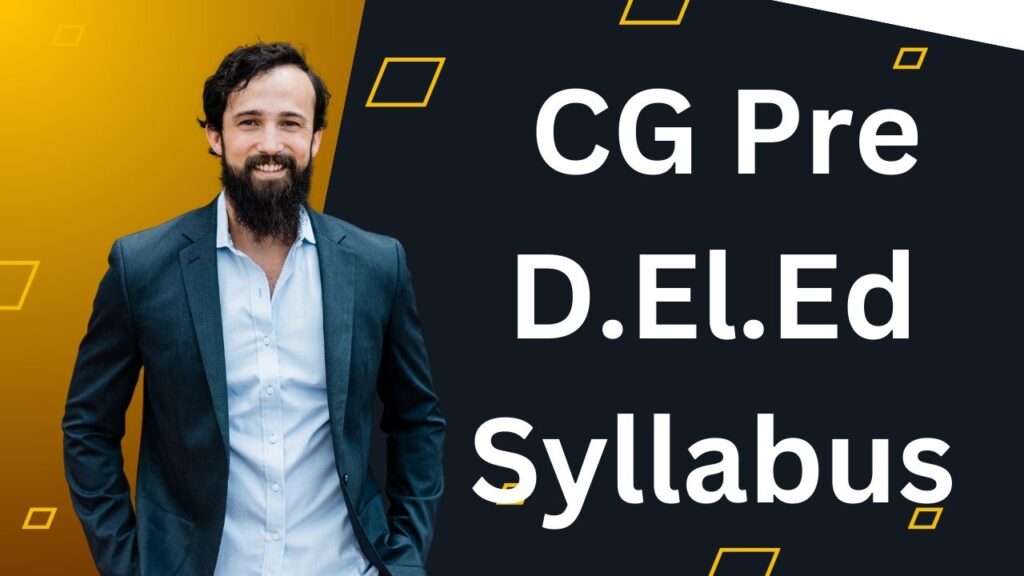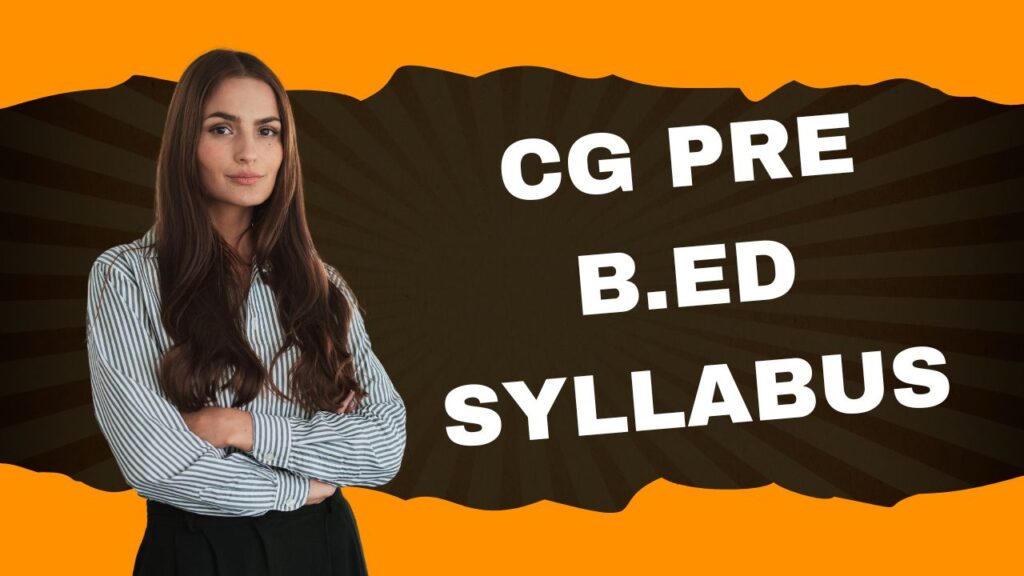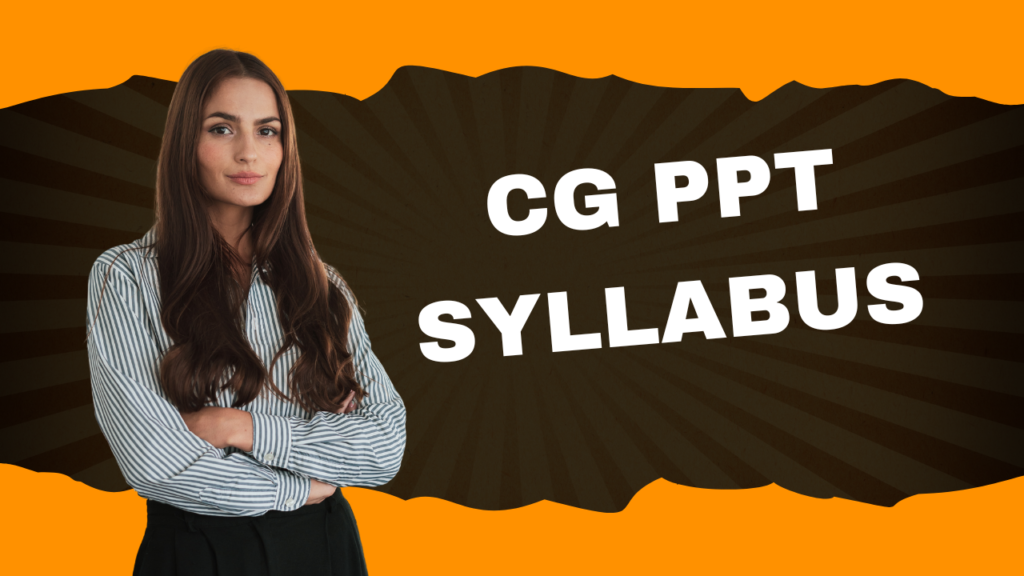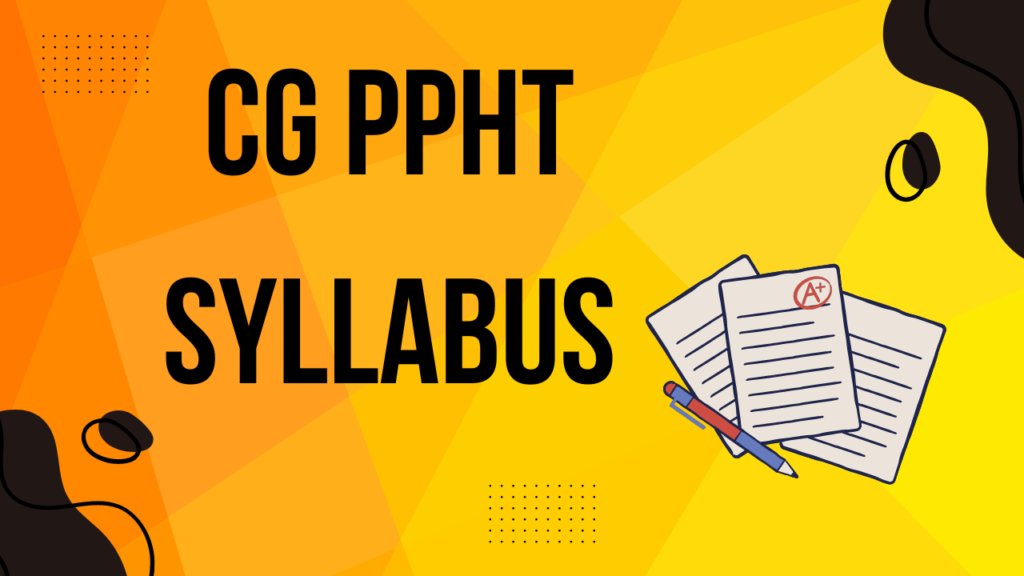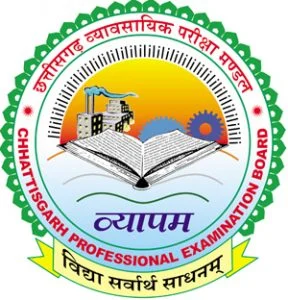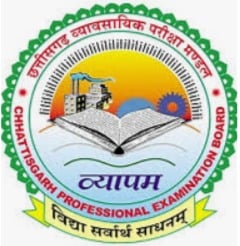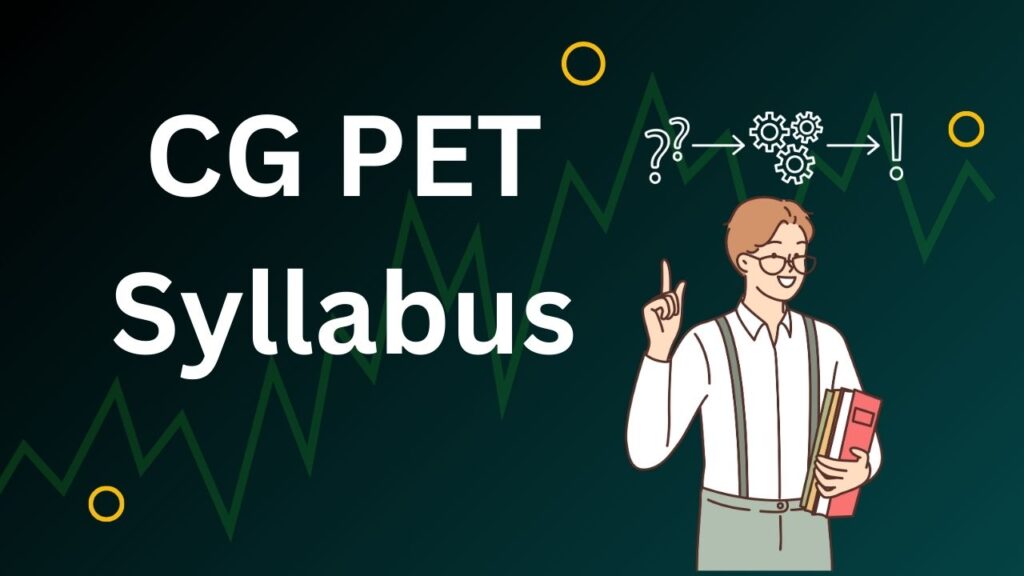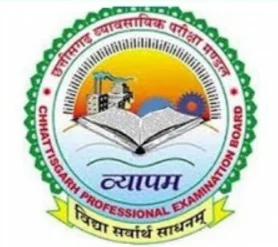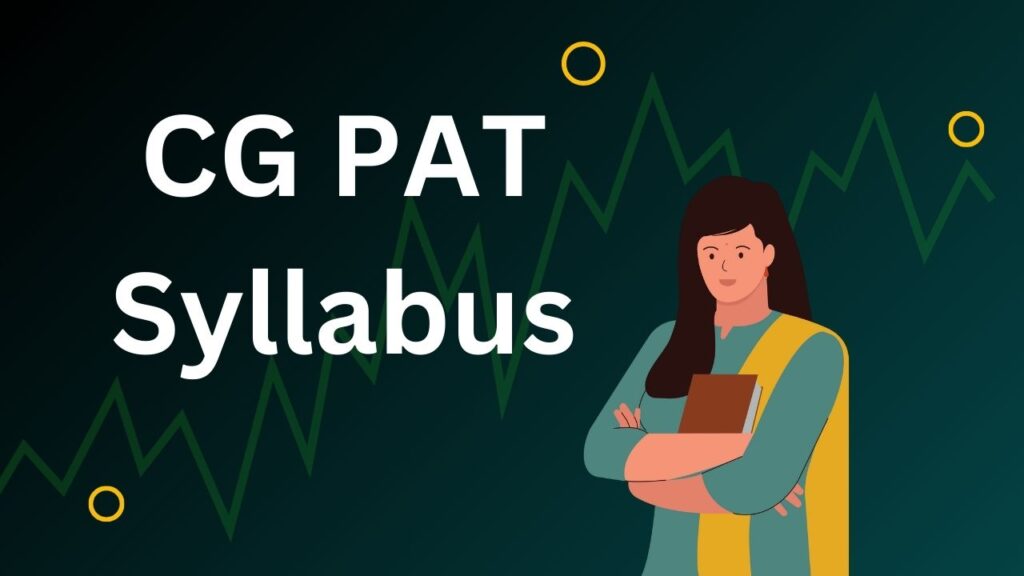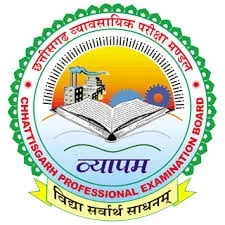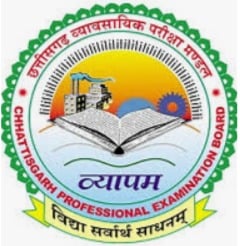CG Pre MCA Syllabus-CG Pre MCA Syllabus Download PDF
CG Pre MCA Syllabus
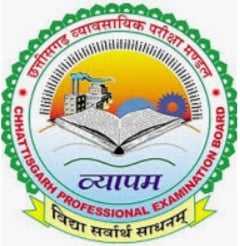
CG Pre MCA Syllabus
Introduction to CG Pre MCA Exam
People who want to get into MCA schools in Chhattisgarh must take the CG Pre MCA (Chhattisgarh Pre Master of Computer Applications) exam. The Chhattisgarh Professional Examination Board (CPEB) gives this test to see how much people know about computer tools and related subjects. This complete guide will cover the CG Pre MCA course and give students all the information they need to prepare well.
Exam Overview
The CG Pre-MCA test measures students’ knowledge of computer science and math skills in a number of areas. It usually has a bunch of different types of multiple-choice questions (MCQs). To prepare strategically and get a high score, you need to know the test schedule and the material that will be covered.
Detailed Breakdown of the CG Pre MCA Syllabus
1. Mathematics
The Mathematics section is fundamental for the CG Pre MCA exam. It includes:
- Algebra: Topics such as linear equations, matrices, determinants, and quadratic equations.
- Calculus: Differentiation, integration, and applications of calculus in real-world problems.
- Probability and Statistics: Basic concepts of probability, statistical measures, and data analysis.
- Coordinate Geometry: Conic sections, vectors, and transformations.
2. Computer Awareness
This section assesses knowledge of computer fundamentals and applications. Key topics include:
- Basic Computer Fundamentals: Computer architecture, operating systems, and basic hardware and software concepts.
- Programming Languages: Knowledge of programming languages such as C, C++, and Java, including syntax, control structures, and basic algorithms.
- Database Management Systems (DBMS): Concepts of databases, SQL queries, normalization, and data models.
- Networking Basics: Fundamentals of computer networks, types of networks, and network topologies.
3. Logical Reasoning
The Logical Reasoning section tests problem-solving and analytical skills. It includes:
- Analytical Reasoning: Logical sequences, pattern recognition, and analogy.
- Verbal Reasoning: Statement assumptions, conclusions, and critical thinking.
- Quantitative Reasoning: Numerical relationships, data interpretation, and problem-solving using mathematical concepts.
4. English Comprehension
The English Comprehension section evaluates candidates’ language proficiency and comprehension abilities. Key areas include:
- Grammar: Sentence structure, tense, voice, and correct usage of words.
- Vocabulary: Synonyms, antonyms, and context-based vocabulary.
- Reading Comprehension: Understanding and interpreting passages, answering questions based on the text.
Exam Pattern and Marking Scheme
The CG Pre MCA exam follows a structured pattern:
- Type of Questions: The exam generally consists of multiple-choice questions (MCQs) with four options, where only one option is correct.
- Duration: The exam is usually conducted over a period of 2 to 3 hours.
- Total Marks: The total number of marks and the distribution of questions across different sections are outlined in the official exam notification. Candidates should consult the latest guidelines for accurate information.
- Marking Scheme: Correct answers are awarded marks, while incorrect answers may incur penalties or be left unmarked. There is generally no negative marking for unanswered questions.
CG Pre MCA Distribution of Questions & Marks 2024
The section-wise distribution of questions and marks in the CG Pre-MCA exam question paper has been discussed below –
|
Section Name |
Total Number of Questions |
Maximum Marks |
|---|---|---|
|
General Awareness |
20 |
20 |
|
Analytical Ability & Logical Reasoning |
40 |
40 |
|
Computer Awareness |
40 |
40 |
|
Mathematics (+2 level) |
100 |
100 |
|
Grand Total |
200 |
200 |
Preparation Tips for CG Pre MCA
1. Review the Syllabus Thoroughly
Start by thoroughly reviewing the syllabus for each section. Develop a study plan that ensures comprehensive coverage of all topics.
2. Use High-Quality Study Materials
Invest in quality textbooks, reference materials, and online resources that align with the CG Pre MCA syllabus. Practice with previous years’ question papers and sample papers to familiarize yourself with the exam format.
3. Strengthen Mathematical Skills
Focus on strengthening your mathematical skills by solving problems related to algebra, calculus, and statistics. Regular practice will enhance your problem-solving abilities.
4. Enhance Computer Knowledge
Deepen your understanding of computer fundamentals, programming languages, and database management systems. Practical experience and coding practice can significantly boost your knowledge.
5. Develop Logical and Analytical Skills
Regularly practice logical reasoning and quantitative problems to improve your analytical skills. Use online resources and practice tests to enhance your problem-solving capabilities.
6. Improve English Proficiency
Work on improving your grammar, vocabulary, and reading comprehension skills. Regular reading and writing exercises can help you enhance your language proficiency.
Conclusion
To prepare well for the CG Pre MCA test and get a high score, you need to have a good idea of the course material. Candidates can get better prepared for the test and get into the Master of Computer Applications program by working on their math, computer skills, logical thinking, and English comprehension.
CG Pre MCA Syllabus-CG Pre MCA Syllabus Download PDF Read More »



